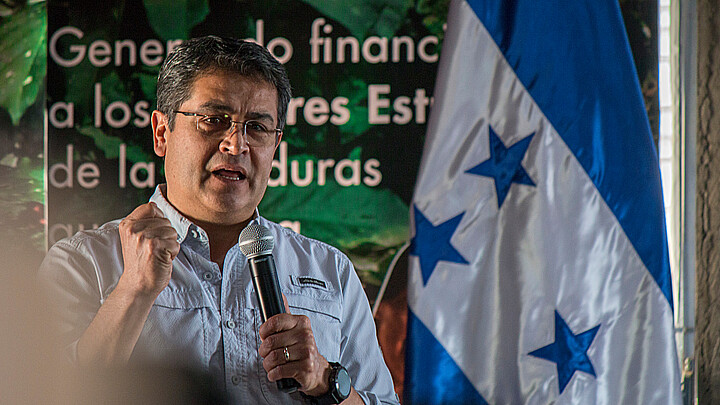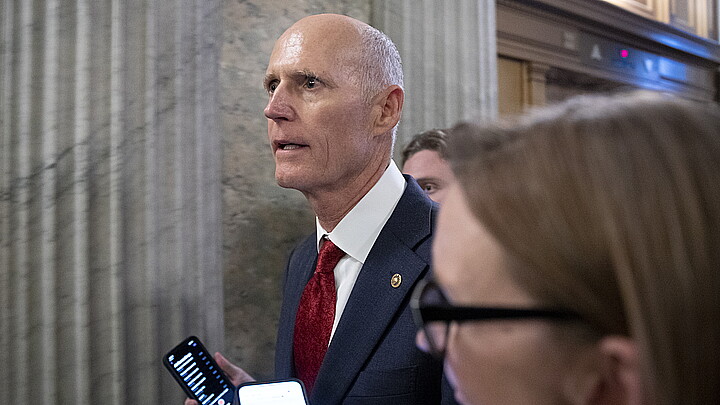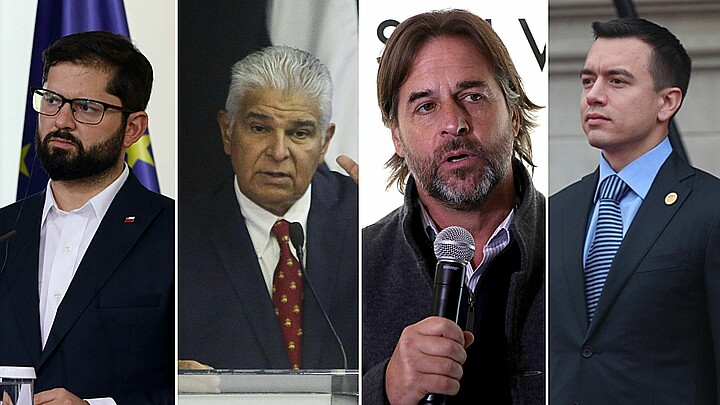Politics
OAS rejects resolution requiring Venezuela to publish voting results
The resolution, which sought greater transparency in the Venezuelan electoral process, was rejected due to the abstentions and absences of several member countries, including Colombia, Brazil and Mexico

July 31, 2024 6:26pm
Updated: August 1, 2024 9:00am
The Permanent Council of the Organization of American States (OAS) rejected this Wednesday a resolution that required Venezuelan authorities to immediately publish the results of Sunday's elections and guarantee the safety of diplomatic personnel in the country.
The surprising vote came after the Maduro regime controlled National Electoral Council (CNE) declared Maduro the winner, and the OAS determined the results were unreliable. The international body has also declared that the election was rife with “aberrant manipulation.”
The resolution, which sought greater transparency in the Venezuelan electoral process, did not reach the 18 votes necessary for its approval due to the abstentions and absences of several member countries, including Colombia, Brazil and Mexico. In total, the vote was 17 votes in favor, 0 against, 11 abstentions and 5 absences.
The countries that abstained from voting were Belize, Bolivia, Brazil, Colombia, Grenada, Honduras, Saint Lucia, Bahamas, Barbados, Antigua and Barbuda, and Saint Kitts and Nevis.
In contrast, countries such as Canada, Chile, Costa Rica, El Salvador, United States, Guatemala, Guyana, Haiti, Jamaica, Panama, Paraguay, Peru, Dominican Republic, Suriname, Argentina and Ecuador voted in favor of the resolution.
On the other hand, the countries that did not register votes due to their absence in the session were Mexico, the Grenadines, Trinidad and Tobago, Venezuela and Dominica.
The meeting of the OAS Permanent Council was held in a context of growing international criticism regarding the electoral process in Venezuela.
The international community, including governments from various political spectrums, has urged Venezuelan dictator Nicolás Maduro and the electoral authorities to release the minutes of the elections held on Sunday, in which Maduro was declared the winner with 51% of the votes compared to the candidate's 44%. opponent Edmundo González.
Thousands of Venezuelans have taken to the streets to protest against the electoral result. The opposition, led by María Corina Machado and Edmundo González, claimed to have evidence of the fraud committed by Maduro and to have achieved a "categorical and mathematically irreversible victory" after having had access to more than 70% of the results of Sunday's presidential vote.
The session of the OAS Permanent Council was held at its headquarters in Washington and was convened by a dozen countries, including Argentina, Canada, Chile, Costa Rica, Ecuador, United States, Guatemala, Panama, Paraguay, Peru, Republic Dominican and Uruguay.
Mexico, for its part, has maintained a critical stance of using the OAS to compel Caracas to release more data, and did not attend the session.










